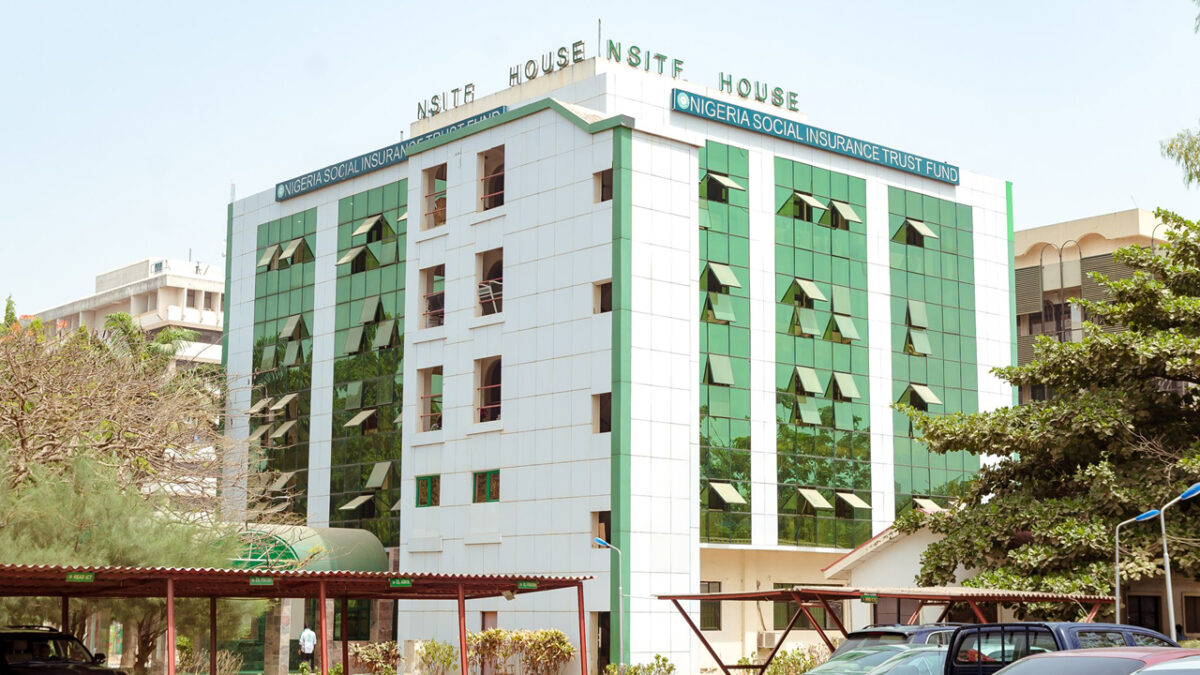Unlike other forms of transportation, cycling is more beneficial to public health. Evidence shows that it helps to reduce cholesterol, boosts mental and brain power, achieve weight loss and keep certain medical conditions in check.
At a time when greater emphasis is on fighting climate change through eco-friendly innovations, commuting by bicycles instead of cars significantly reduces human transportation footprint. It is an ideal way of promoting sustainable mobility.
Following the recent removal of subsidy on petrol in Nigeria, cost of transportation has doubled across the country even for shorter trips, and people’s purchasing power has reduced. It has made the struggle for survival by many Nigerians more challenging.
READ ALSO: Police Detain Nollywood Actor Who Stopped Them From Extorting Cyclist
WHY CYCLING IS GOOD
Fredrick Ogidan, the Kwara State commander of the Federal Road Safety Corps (FRSC), recently encouraged Nigerians to embrace cycling because it promotes health and prevents disease. He said this at a program held in Ilorin to commemorate the 2023 United Nations Bicycle Day.
The road safety boss was right. Data reveals that 1 in every 17 adult Nigerians live with diabetes and an estimated 11.2 million Nigerians are affected. Research conducted in the UK and published in the British Medical Journal concludes that regular cycling is helpful in reducing the incidence of cancer by 45 percent and heart disease by 46 percent.
Human body is said to require at least 30 to 40 minutes of physical activity daily to be strong and fight life-threatening diseases that could weaken body systems. Adopting cycling, therefore, could help improve public health and keep the population engaged.
Rather than travelling to a short distance using a city bus, a bicycle owner can easily make use of his or her bicycle. Even top executives of corporations could go to a nearby mall to shop without driving their cars.
While Nigeria’s professional cycling is evolving, mass use of bicycles as a means of transportation is abysmal. Absence of public infrastructure, safety measures and public orientation is at the heart of the problem.
CYCLISTS CONTINUE TO DIE
Several cycling enthusiasts have lost their lives because of lack of enabling facilities. In December 2022, Olaolu Mudasiru, a co-founder of Vetiva Capital Management, was killed by a hit-and-run driver in Lagos State. A 28-year-old cyclist identified as Daniel was also killed in Delta State by a reckless driver. The trails of these kinds of deaths are long.

Vehicle population keeps growing in Nigeria. Owning a car is considered a sign of success. The National Bureau of Statistics’ Q2 2018 report estimated that 11,760,871 cars are in Nigeria. Lagos and Kano states top the chart, having about 50 percent of the total vehicles in the country, leaving cyclists and pedestrians to meander among impatient drivers.
Although the government has an estimated figure for vehicle population, it does seem there is no figure for bicycles. However, Statista, a provider of market and consumer data, projects that revenue in bicycle in Nigeria could reach US$185.30 million in 2023 and US$213.10 million by 2027. By 2027, Nigeria would have had 3.61 million units of bicycles.
GOVERMENT’S TALK SHOW
The Lagos State Government has committed itself to providing enabling infrastructure for biking, cycling and walking, according to a Non-Motorised Transport Policy dated 2018. Road crash statistics show that vulnerable road users such as cyclists and pedestrians account for the majority of the traffic deaths.
Therefore, the government pledged to create 300 km of cycling networks on major collector and arterial streets with speeds greater than 30 km/h. However, the state has not improved or met up with the timelines in the document.
FIJ phoned the Lagos Metropolitan Transport Area Transport Authority (LAMATA) on Wednesday. The man who answered the call said he could not attend to our inquiry and provided another number for us to call. The line could not be reached at press time.
The National Council on Transportation domiciled in the Federal Ministry of Transportation approved a bicycle riding project for Abuja city in 2017. Speaking after the approval, Rotimi Amaechi, the then minister of transportation, said, “So, we decided that we do it in Abuja because if you check nearly all the roads in Abuja, there are lanes for a bicycle.”
More than five years after the approval, the Federal Capital Territory Administration is yet to make any visible efforts to bring it to fruition.
“Abuja has very wide and beautiful roads. Creating bicycle lanes out of existing roads will not be a challenge because cycling is an enjoyable sport, recreation and a mode of transport that people should do safely in the city,” Olusola Adeola, the FCTA permanent secretary, told cyclists in Abuja while commemorating the 2023 UN bicycle day. His words sounded like a repeat of what Amaechi said in 2017.
An FCTA call centre agent, who identified herself as Serah, said she could not comment on our inquiry. She asked this reporter to call back in five minutes to speak with the right person. When FIJ called back, Serah said the person was not on seat yet. She then promised to call back with a response, but she had not done so at press time.
READ ALSO: BREAKING: Lagos Policeman Stabs Cyclist to Death Over N50 Bribe
This obvious foot-dragging is costly on human lives. The government could save billions of naira going into treating cancer and diabetes patients by providing facilities for cycling. There is no other way of reducing the deaths of vulnerable road users than providing supporting facilities.
If the government shifts from talk show to action, the outcomes would be pleasant. As the government has repeatedly admitted, the terrible annual figure of 40,000 road fatalities in Nigeria could reduce drastically if appropriate facilities are provided for non-motorised transportation.
Subscribe
Be the first to receive special investigative reports and features in your inbox.















